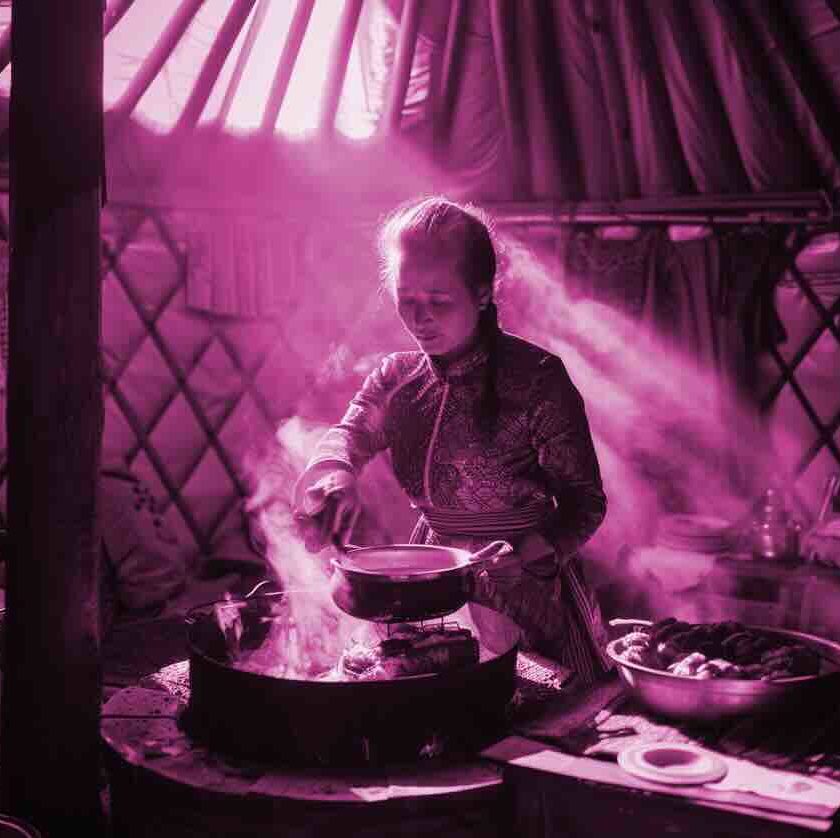Why are there so many workers depressed at work? Maybe the answer lies in our genes and our great history. Indeed, inasmuch as anthropology can explain a lot regarding our evolution and how we reach our current situation, it can also explain our current failures and mismatches with modern life.
Throughout human history, people have been working mainly as hunter-gatherers, more recently, as farmers or craftsmen and craftswomen and, even more recently as employees or members of huge organizations (army, corporations, government administration etc.). Mankind is commonly dated from 3 to 4 millions of years; before that, we seemed to be closer to apes rather than modern humans. Due to the recent period human sedentarization through agriculture, which started only 10 000 years ago, we can assert that we are more adapted to small groups and works than imply a great versatility. Indeed, although many of us might be unaware of it, being a hunter-gatherer implies a lot of skills and knowledge that surpass the ones that are usually required in today’s occupations.
This situation partly explains why more and more employees feel frustrated and unhappy at work. We don’t seem to use our full potential while working for big organizations because our work is reduced to a set of repetitive tasks in order to supposedly increase productivity. Operating under division of work by implementing divisions of tasks might lead to higher productivity for firm in a short-run but it may create an – existential – void among employees from whom humanity is somehow denied.










